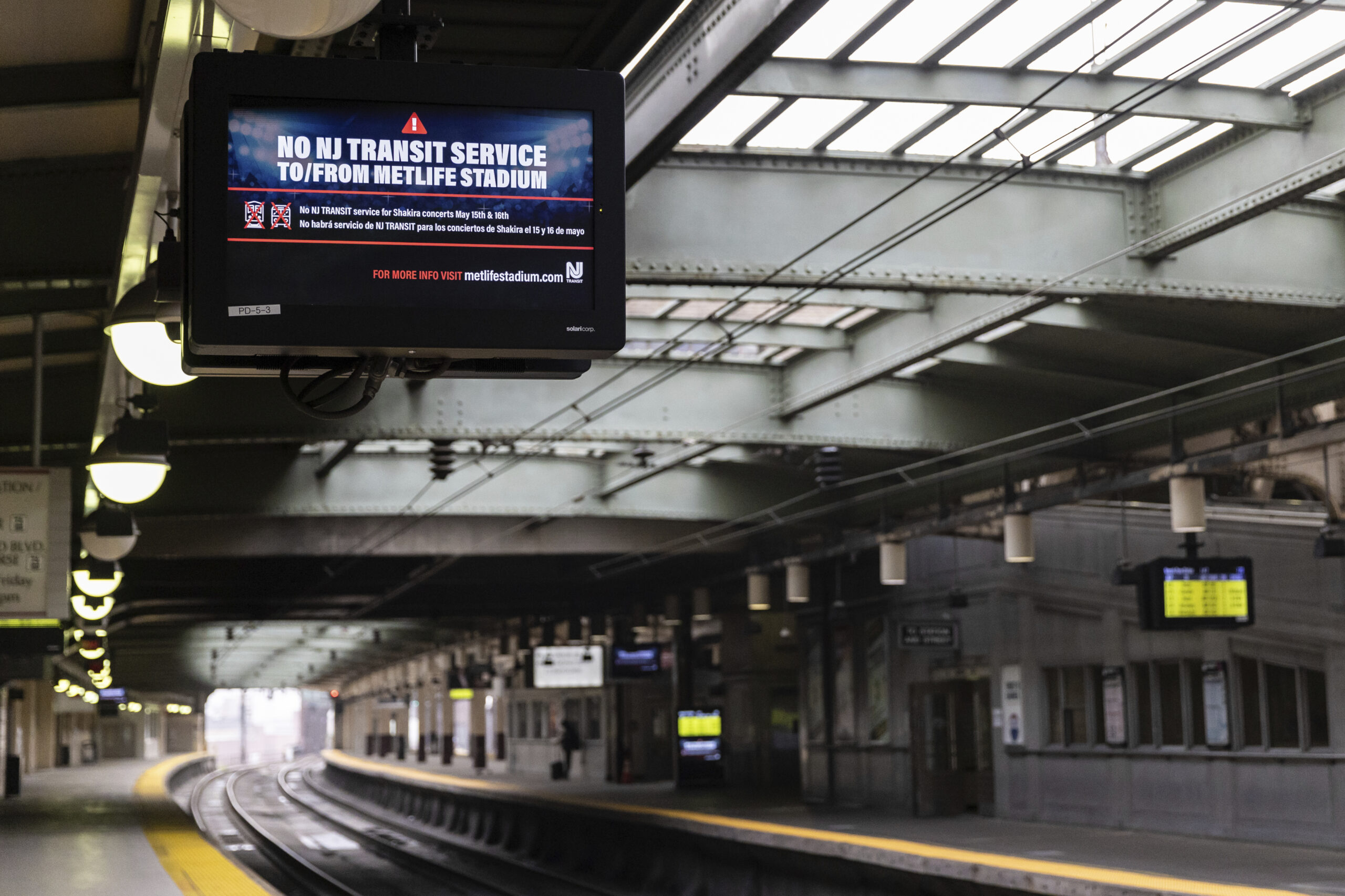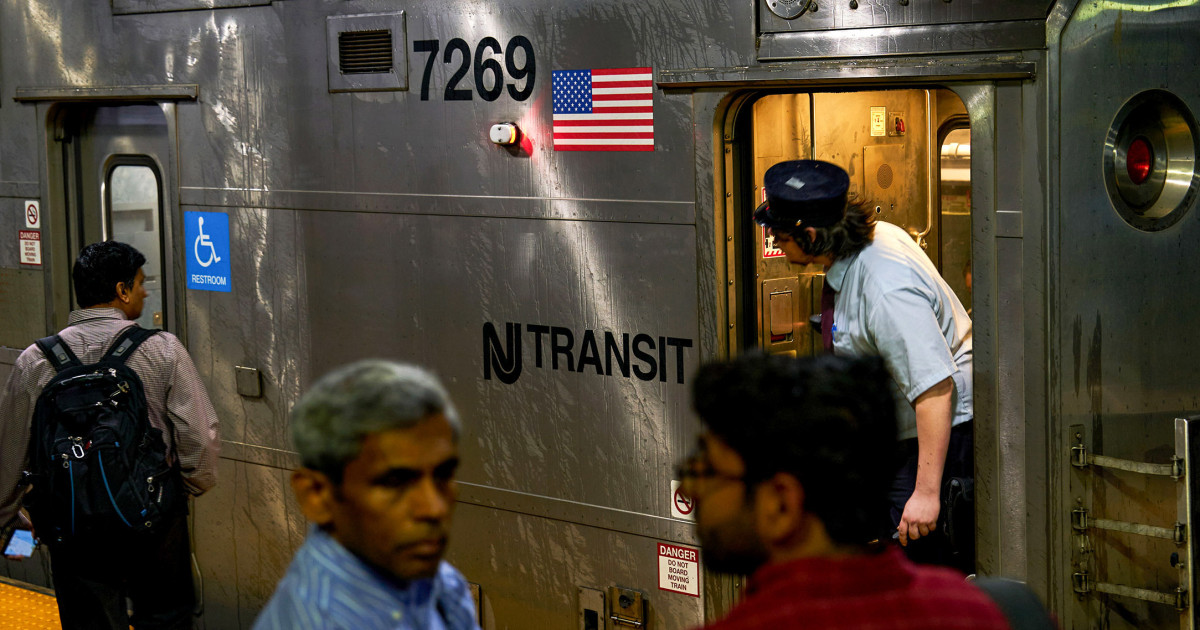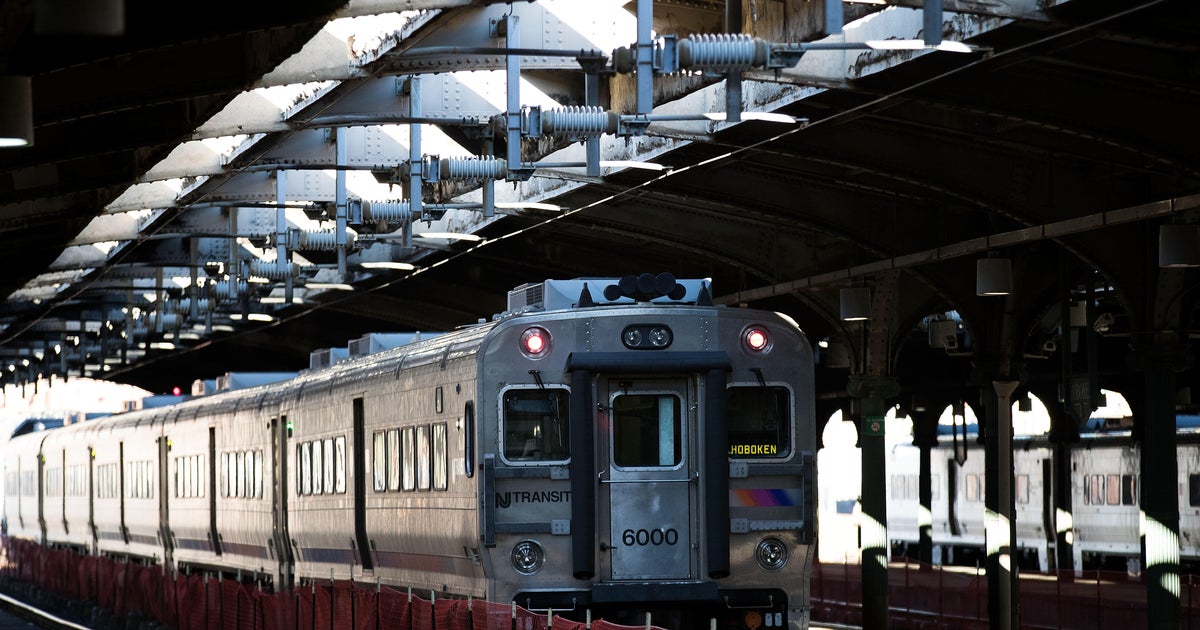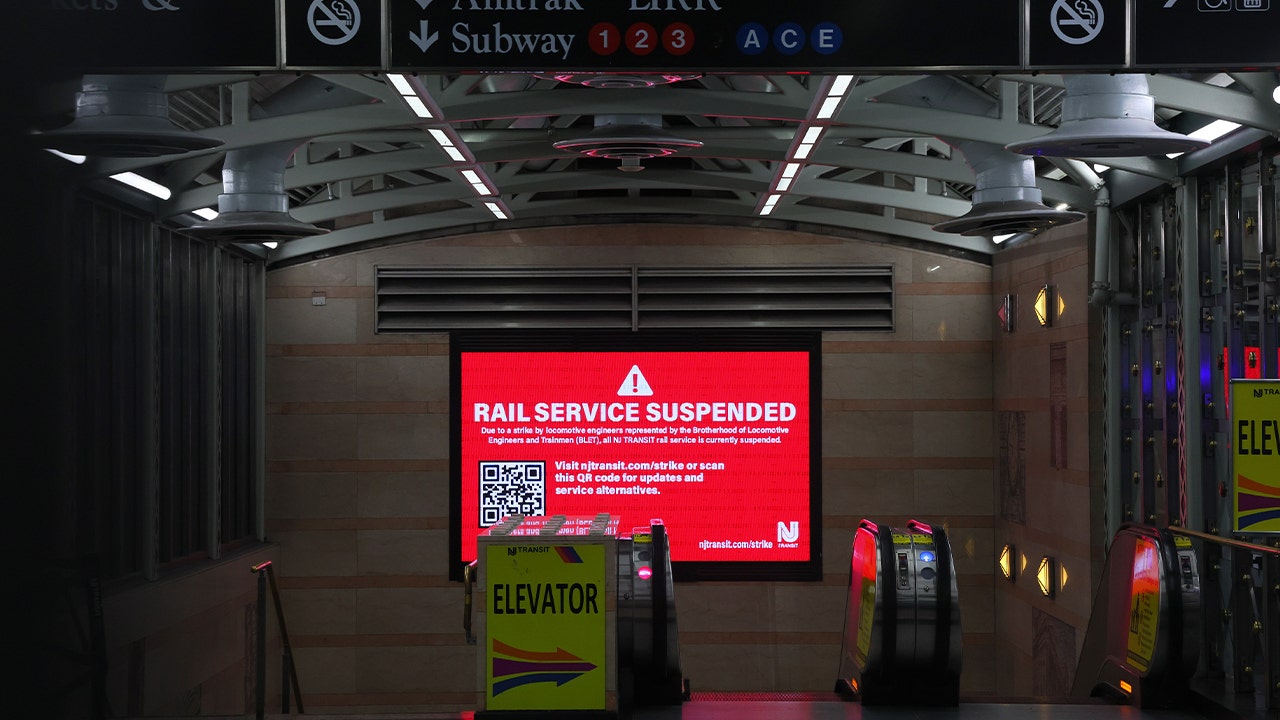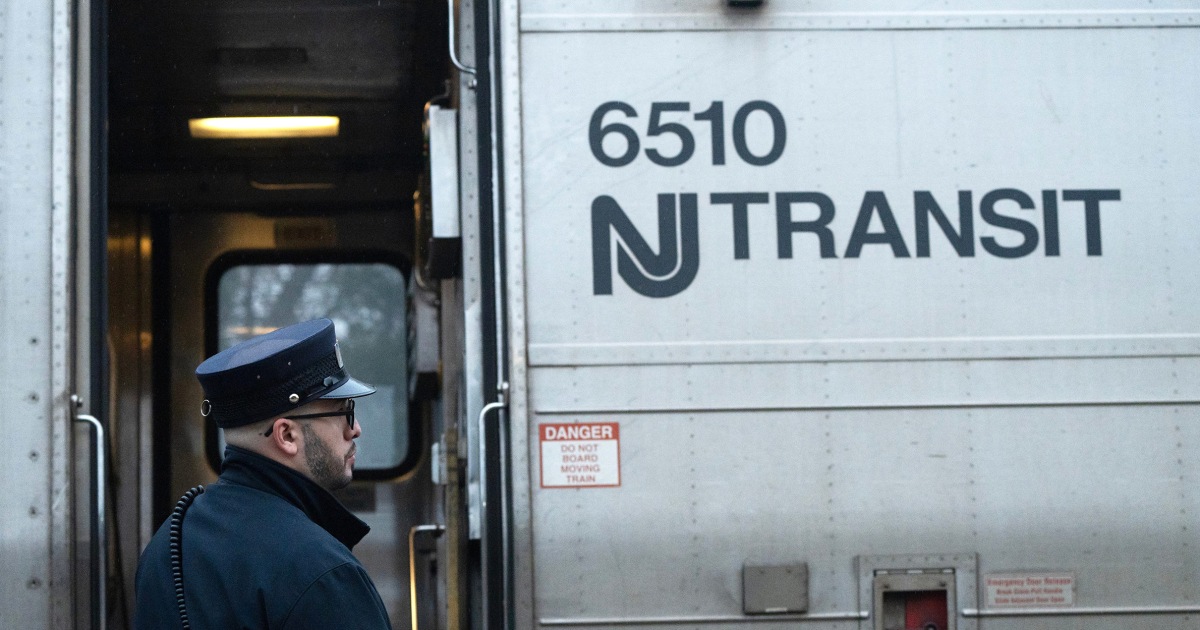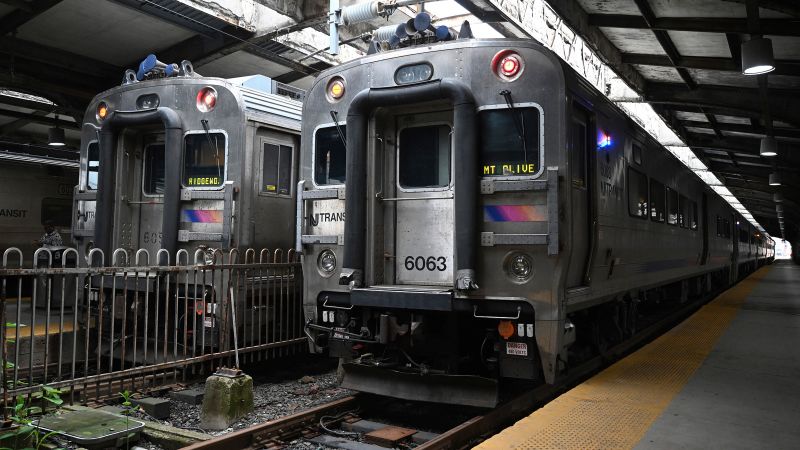New Jersey Transit Engineers' Strike Paralyzes Commuter Rail, Impacting 350,000 Riders
The NJ Transit engineers' strike, starting Friday, halts all rail services, stranding commuters and increasing bus demand.
Subscribe to unlock this story
We really don't like cutting you off, but you've reached your monthly limit. At just $5/month, subscriptions are how we keep this project going. Start your free 7-day trial today!
Get StartedHave an account? Sign in
Overview
New Jersey Transit engineers began a strike on Friday, halting all rail services and affecting approximately 350,000 daily riders. The Brotherhood of Locomotive Engineers and Trainmen (BLET) could not reach a wage agreement with NJ Transit, prompting the disruption. Limited bus services are being increased, but only about 20% of usual train riders can be accommodated. Commuters are advised to work from home where possible, and the situation remains tense as NJ Transit seeks to resume talks with union leadership amid a backdrop of rising wage disputes and operational challenges.
Report issue

Read both sides in 5 minutes each day
Analysis
- The NJ Transit strike, affecting approximately 350,000 daily commuters, is a negotiation failure primarily over wage disputes between the Brotherhood of Locomotive Engineers and management.
- Both sides had engaged in lengthy negotiations, but an eleventh-hour deal was not reached, highlighting the need for continued discussions to find a mutually acceptable resolution.
- While NJ Transit has a contingency plan involving limited bus service, this will only accommodate about 20% of the commuter demand, exacerbating transportation challenges.
Articles (13)
Center (8)
FAQ
The strike was prompted by a failure to reach a wage agreement between NJ Transit and the Brotherhood of Locomotive Engineers and Trainmen (BLET) after negotiations did not meet the union's demands for fair wages.
Approximately 350,000 daily commuters are affected by the strike.
Limited bus services are being increased, but they can only accommodate about 20% of the usual train riders. Commuters are also advised to work from home where possible.
History
- 6M

 6 articles
6 articles

